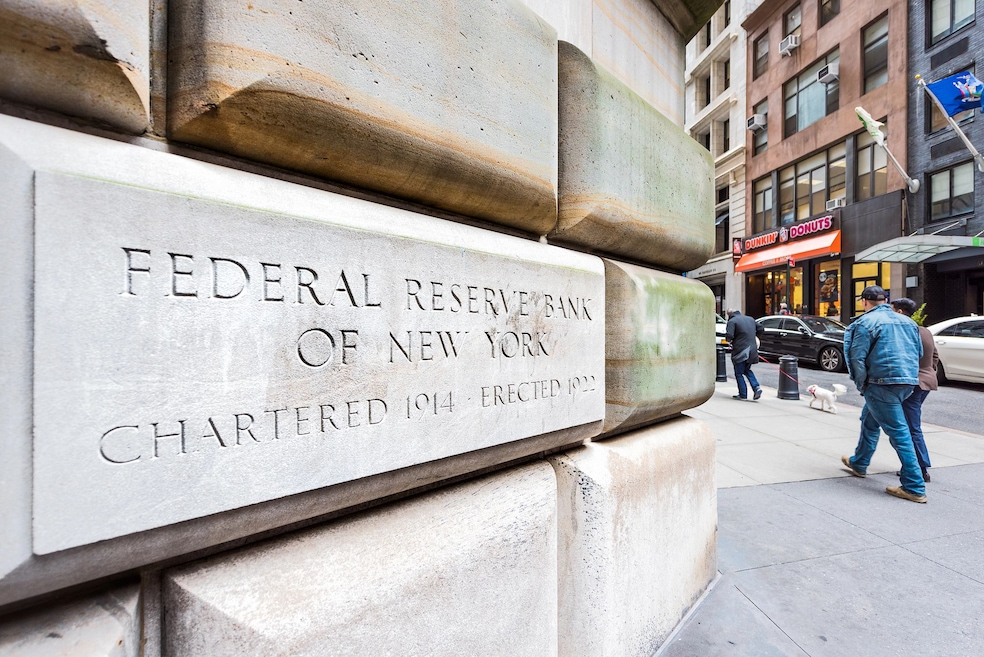Homebuyers don’t like the market
Americans think it’s a bad time to purchase a home, and a Gallup poll released Thursday indicated that a record low number of people are planning to buy soon.
Of the non-homeowners surveyed by Gallup, 45% said they do not plan to purchase a home in the foreseeable future, while 30% think they’ll buy one in the next five years. Twenty-three percent said they'd buy in the next 10 years.
The share of people who stated they had no plans to purchase a home grew to a new level compared to Gallup’s previous homebuying intention surveys. In 2018, 62% of respondents had plans to buy a house in five or 10 years, and 37% had no plans.
Most renters, 68%, told Gallup that their largest barrier to homeownership was money. They either could not afford a home or did not save enough for a down payment. That’s a 23% increase from 2013 results.
And 72% of those surveyed said it’s a bad time to buy a home. That’s a slight improvement from the past two years, though still historically high.
Jobless claims remain steady
The number of people filing for unemployment dropped for the week ended May 3, according to data released Thursday by the U.S. Department of Labor, signaling a consistent labor market despite economic concerns.
The Federal Reserve looks to the job market as a significant factor representing the economy, as it denotes strength in businesses. Fewer jobless claims, meaning fewer people applied for unemployment assistance, often represent businesses doing well financially.
The weekly data showed that jobless claims decreased by 13,000 on a seasonally adjusted basis to 228,000. The four-week moving average for jobless claims is 227,000, showing that the recent drop remains steady amid fears of economic hurdles with tariffs and the impact they will have on businesses and consumer spending.
At the same time, the Department of Labor noted a decline in worker productivity, marking the first decline since the second quarter of 2022.
Consumer perceptions worsen
American households believe their financial situation will worsen by this time next year, according to the Federal Reserve Bank of New York.
The New York Fed’s Survey of Consumer Expectations report for April found that households' perception of their current and future financial situations “deteriorated sharply” compared to one year ago.
Other labor market and finance expectations posted varied expectations, the survey said, with one-year-ahead expectations on taxes remaining below the 12-month average. The perceived probability of losing one’s job decreased.
Households expect an increase in household income of 2.6%, the lowest reading since April 2021. The survey also indicated that respondents were more uncertain about future inflation outcomes.

